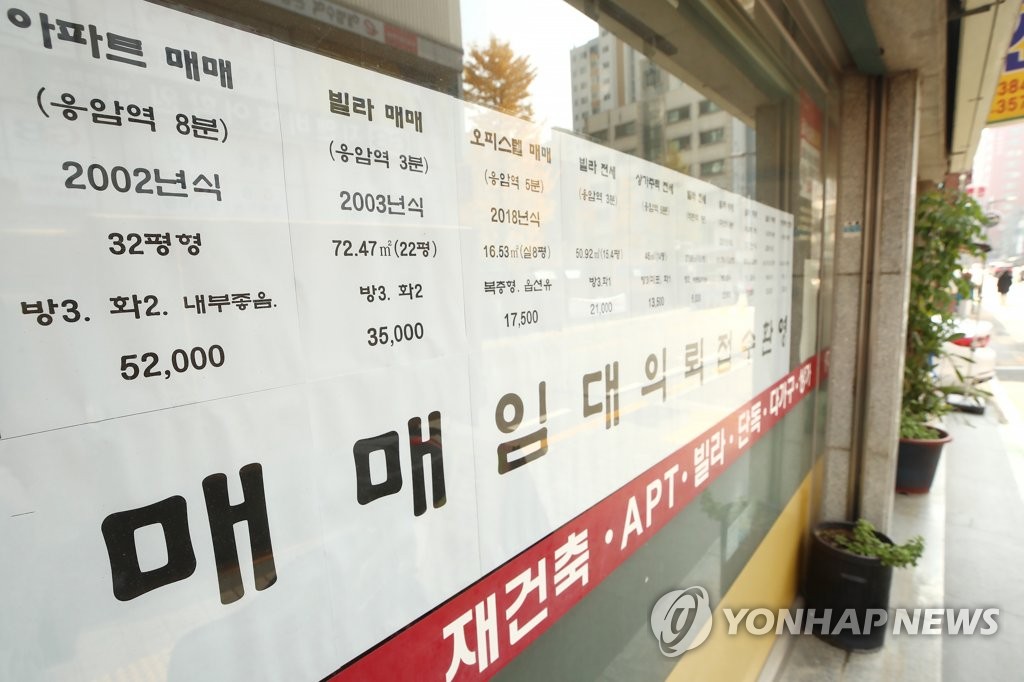- California Assembly OKs highest minimum wage in nation
- S. Korea unveils first graphic cigarette warnings
- US joins with South Korea, Japan in bid to deter North Korea
- LPGA golfer Chun In-gee finally back in action
- S. Korea won’t be top seed in final World Cup qualification round
- US men’s soccer misses 2nd straight Olympics
- US back on track in qualifying with 4-0 win over Guatemala
- High-intensity workout injuries spawn cottage industry
- CDC expands range of Zika mosquitoes into parts of Northeast
- Who knew? ‘The Walking Dead’ is helping families connect
Number of newly created firms hits record high last year despite pandemic
The number of newly established companies rose to a record high last year, but in-person service segments reported a sharp fall in new businesses due to the pandemic, data showed Friday.
Last year, the number of newly created firms reached a record 1.06 million, up 62,000, or 6.2 percent, from a year earlier, according to the data compiled by Statistics Korea.
It marked the largest number since the statistics agency began compiling related data in 2011.
By sector, the number of new firms in the transportation and warehouse segments declined 20.2 percent from a year earlier last year and that in the accomodation and eateries sectors shed 7.1 percent, the data showed.
The face-to-face service sectors were hit hard by the pandemic as people refrained from visiting offline shops amid tougher antivirus measures.


This undated file photo shows the shopping district of Myeongdong in Seoul, where stores with for lease signs have increased amid the pandemic. (Yonhap)
But the real estate sector saw the number of new firms rise 21.2 percent amid skyrocketing housing prices.
Of the newly created companies, the real estate business accounted for the biggest slice of 28.9 percent of the total, followed by the wholesale and retail business with 21.3 percent. Accommodations and eateries made up 14.6 percent.
South Korea’s housing prices sharply rose despite the government’s measures to cool down the red hot property market as more people took out loans to buy homes in anticipation of price hikes.
The number of companies that closed down reached 736,000 in 2019, the latest year for which data is available, up 44,000, or 6.4 percent, from the previous year.
Of them, 23.7 percent were engaged in the real estate business, followed by the wholesale and retail sector with 23.4 percent.
The total number of operational companies, which have employees or generate sales, came to a record high of 6.82 million last year, up 294,000, or 4.5 percent, from the previous year.
The data showed 64.8 percent of newly established companies in 2018 were operating in 2019, up 1.1 percentage points from the previous year.
Only 32.1 percent of those that started business in 2014 were surviving in 2019, up 0.9 percentage point from a year ago.
The possibility that a business in the lodging and food service segment could survive for five years after creation in 2014 reached 21.5 percent, indicating that the sector remains vulnerable.
Of the newly created firms, 74 percent posted yearly sales of less than 50 million won (US$42,200) last year, up 9.3 percent from a year earlier, the data showed.











